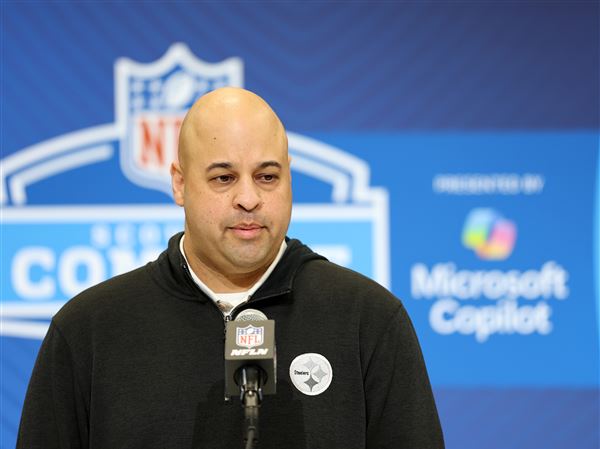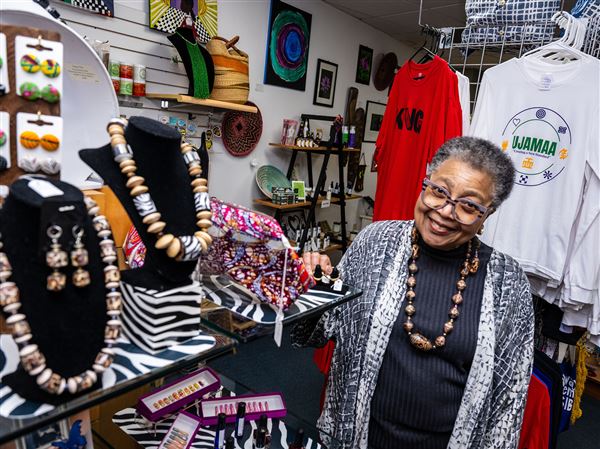Most students know what it means to be a good citizen by the time they enter middle school. Being a good "digital citizen" is a different story.
The pitfalls of a digital age such as online predators, digital cheating and cyberbullying are being addressed with students at Mars Area Middle School this year as part of the school's new 21st Century Digital Citizenship courses.
"Digital citizenship is teaching students the responsibility that comes with the new 21st century technology skills," said Richard Cornell, middle school principal. "Right now, in this day and age, this is a very important topic."
Patrick Scott, one of two computer teachers at the middle school, said digital citizenship is incorporated into the computer classes, and focuses on three areas: safety, cyberbullying and social networking.
The school is using i-SAFE, a program developed in 1998 and used in more than 34 million schools, according to the i-SAFE Foundation's website.
"We try to hit on the major areas of Internet safety," Mr. Scott said, including what students are posting online.
"The rule is that you are responsible for everything you put in writing," he said. "Once you hit the send button, you can't take that back."
Mr. Scott said he tries to get students to understand that they need to watch the tone of text messages and emails.
"You get wrapped up in the conversation and, next thing you know you say something you shouldn't have," he said. "It's hard in email for the recipient to realize you are joking or sarcastic."
Mr. Scott said he wondered how students would take to the lessons. "When it comes to Internet safety, some of it is lecture. They've had lecture courses all day, and when they come into your room they expect to do hands-on stuff."
But, he said, "they surprisingly participated and listened, and I think they got the message."
The cyberbullying unit is starting now, and social networking will follow toward the end of the year.
Mr. Scott said he expecting the liveliest discussions during social networking.
"Social networking is more geared toward them with Facebook, Instagram and Twitter," he said.
He said lessons during that unit will include not putting out information that can be traced back to you, such as your phone number, address or age -- and making sure you know who you are chatting with online.
"I had a cousin that was talking to [a] person, thought it was a girl and it was a guy. You don't know who is on the other end," he said.
It all comes down to being safe online, he said.
"It sounds repetitive, but I don't think you can say it enough to seventh- and eighth-graders."
First Published: February 14, 2013, 10:15 a.m.














